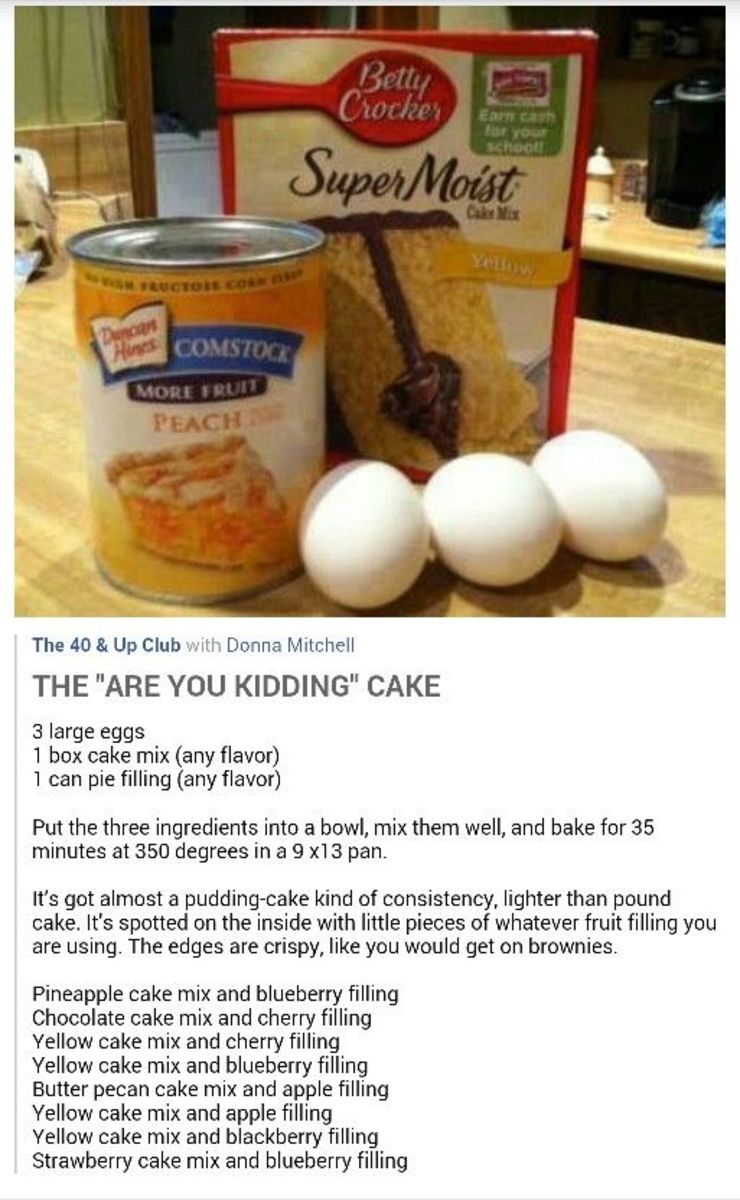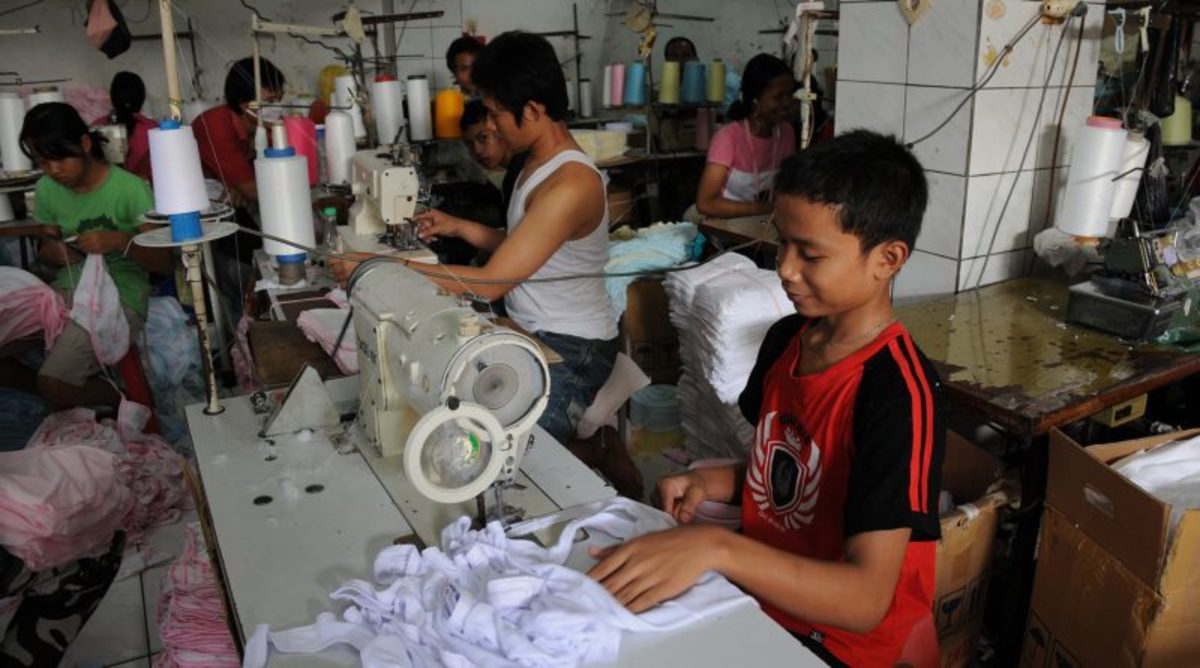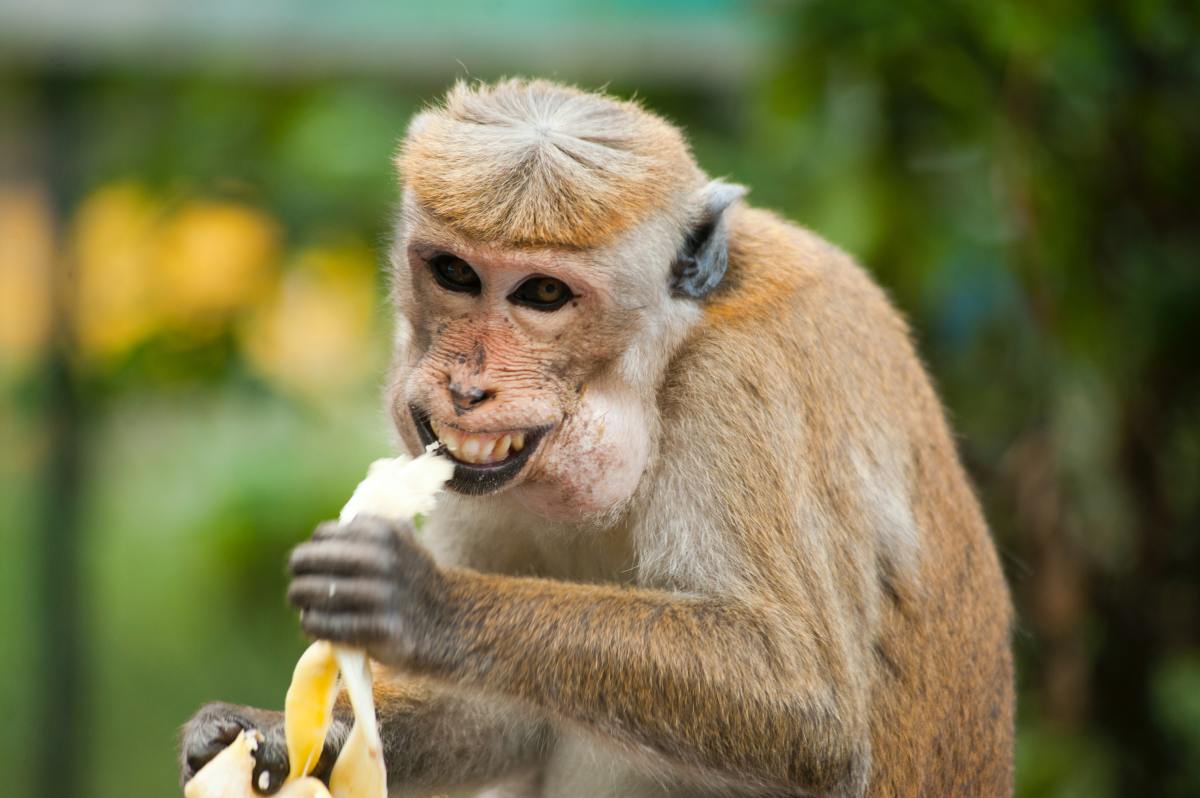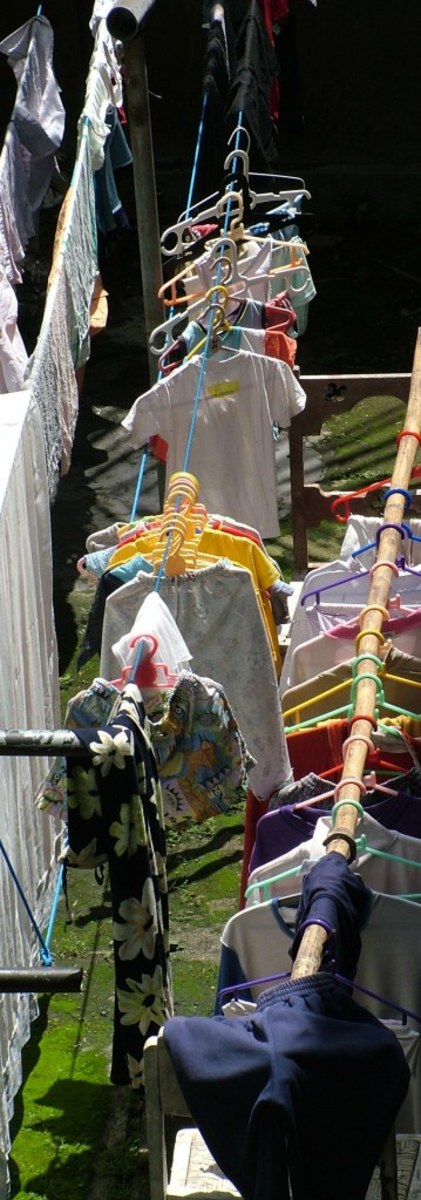Chocolate Needs Sweetness
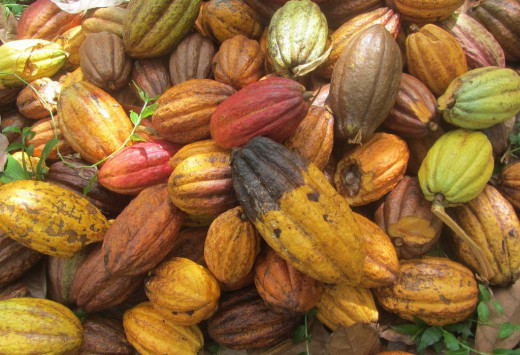
The Cocoa Crop
Chocolate is a food associated with good times, holidays, celebrations, and gift giving. It is a non-essential item to treat oneself or someone else. The other side of this celebratory nature of chocolate is that it is often produced at the expense of others. The majority of the world’s cocoa, the main ingredient of chocolate, is grown in West Africa. The Ivory Coast produces 34% of the world's cocoa, more than any other country. It also has the most child labor and slavery in cocoa farming. Many of the chocolate companies get their supply of cocoa from there.
World cocoa processing is controlled by less than ten companies and the same can be said for chocolate companies (see chart below). This year there have been two major mergers of cocoa processing companies further reducing competition. Cargill is in the process of acquiring Archer Daniels Midland cocoa business and Barry Callebaut, a Swiss company, acquired the cocoa unit of Petra foods. These two surviving companies control 60% of the cocoa market. This could force even lower prices on cocoa farmers. The companies have said they have a program to encourage cocoa sustainability and reduce child labor. It is still a very long process and no results to show as yet.
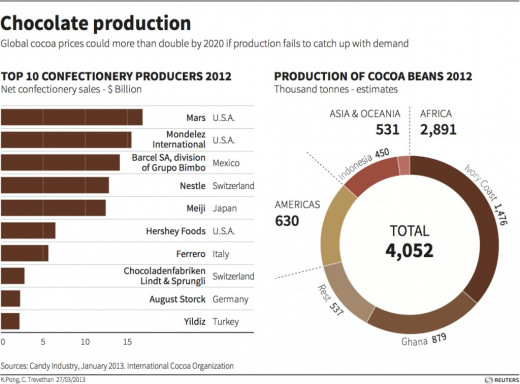
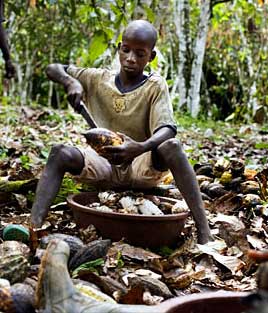
Child Labor
Boys as young as nine years old work in the cocoa fields with dangerous machetes and are exposed to pesticides and other harmful chemicals and are denied an education. Many times they are taken from their homes and forced to work long days for no pay. According to the U.S. Department of Labor with statistics from UNESCO as of 2013, hundreds of thousands of children work in agriculture in the Ivory Coast and approximately 100,000 are working as slave labor. Most large chocolate companies use this supply of cocoa.The government of the Ivory Coast has started programs to try to reduce child labor. In 2001 Congress passed the Harkin-Engel protocol creating guidelines to remedy the problem with cocoa, and in 2010 the governments of Ghana and Ivory Coast signed an agreement to participate. It is still a widespread problem.
Court Case Against Slave Labor
In September of 2014 there was a U.S. Court of Appeals ruling. that allowed large chocolate companies to be sued because they knowingly imported cocoa harvested by child slave laborers in the Ivory Coast. The judge in the case said the companies, Nestle’, Archer Daniels Midland, and Cargill were aware of the problem but wanted the cheapest source of cocoa. The basis for the ruling was a universal prohibition against slave labor. The plaintiffs were former slave laborers who claimed to work 14 hours a day six days a week for no pay and fed scraps and locked in small rooms at night and were beaten. They stated they were trafficked from Mali to the Ivory Coast. The case was originally filed in 2005 and dismissed by a federal court in 2010 which said there was no jurisdiction for abuses committed outside the United States. The latest ruling allows the suit to proceed.
Fair Trade Chocolate
One way to mitigate the problem is to encourage more fair trade chocolate or cocoa. Fair trade is a certification given by several outside organizations through cooperatives that ensures the farmer receives a livable price and a premium to cover things such as healthcare, education, safety, and better farming techniques. It also prohibits the use of child labor. Cocoa farming is very labor intensive difficult work for little pay. Cocoa farms are very small with most under 10 acres. Without fair trade, farmers are subjected to prices offered by middlemen substantially lower than market price. They accept any price just to cover operating expenses with no other alternatives. With fair trade, farming cooperatives represent small farms to help the farmers receive a fair price plus a premium to invest in their community for sustainability. Most cocoa farmers have never even tasted chocolate. Fair trade associations help farmers to learn better farming techniques to increase crop yield and revenue. It helps with the sustainability of the cocoa farms by providing a livable income and keeping supply available for the demand of the product. More focus on fair trade certification will improve the lives of farmers and encourage the prohibition of child labor.
Fair trade is widely known and accepted in the coffee industry with companies such as Starbucks and Dunkin Donuts offering fair trade coffee. The increased cost to consumers is just pennies per cup. There are very few options for fair trade or slave-free chocolate at the retail level. Specialty stores like Whole Foods offer some products. Other fair trade chocolate can be purchased online. It may take a little more effort in requesting these products from the retailers. Chocolate companies can also use sources from Central America which do not have as many child labor issues.
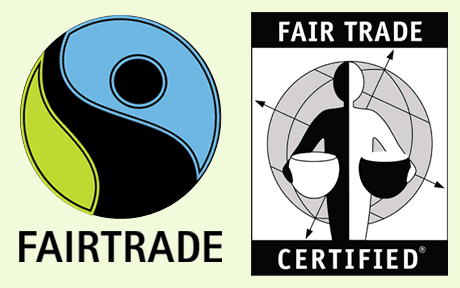
Fair Trade Choices
The vast majority of cocoa and chocolate purchased by consumers is not fair trade certified. According to Fair Trade International, cocoa sold with the Fair Trade label captures only 1.7% of the world cocoa market. Some fair trade chocolate brands are Equal Exchange, Theo Chocolate, Divine Chocolate, Alter Eco, and Green and Black; none of them household names. One of the most recognizable name in chocolate in the U.S., Hershey, plans to be 100% fair trade certified by 2020. They are progressing in stages and there is still much work to be done. Other large companies, Mars, Nestle', and Cadbury have been working with fair trade organizations to try to get their products in line with fair trade practices. In 2013, Nestle' started selling the popular Kit Kat chocolate treats in Great Britain with a fair trader certification label on it using cocoa from the Ivory Coast. There are few fair trade chocolate product choices offered in American supermarkets.

Positive Impact
Part of the problem is a lack of awareness on the part of consumers. Chocolate is not a product we need to have. It is a treat or reward for ourselves or others. If its origins were known, many would seek other options. If your went to your favorite bakery to buy a chocolate cake and noticed ten year-olds in the back doing the baking, you would find another bakery. Yet chances are the chocolate frosting came from cocoa that was harvested by child labor. By requesting and buying fair trade slave free chocolate, we can enjoy the sweetness of the treat without the bitterness. Requests to local retailers as well as letters to CEOs of major chocolate and candy companies would certainly help. The giver and recipient can feel even better about their gifts. The seller benefits by offering a higher quality product and better public relations that may increase sales. The buyer can feel good by doing good and derive even more pleasure from chocolate. The farmer may even get to taste the fruits of his labor.
For chocolate and fair trade information please visit www.chocoafair.com and www.caffefair.com.

